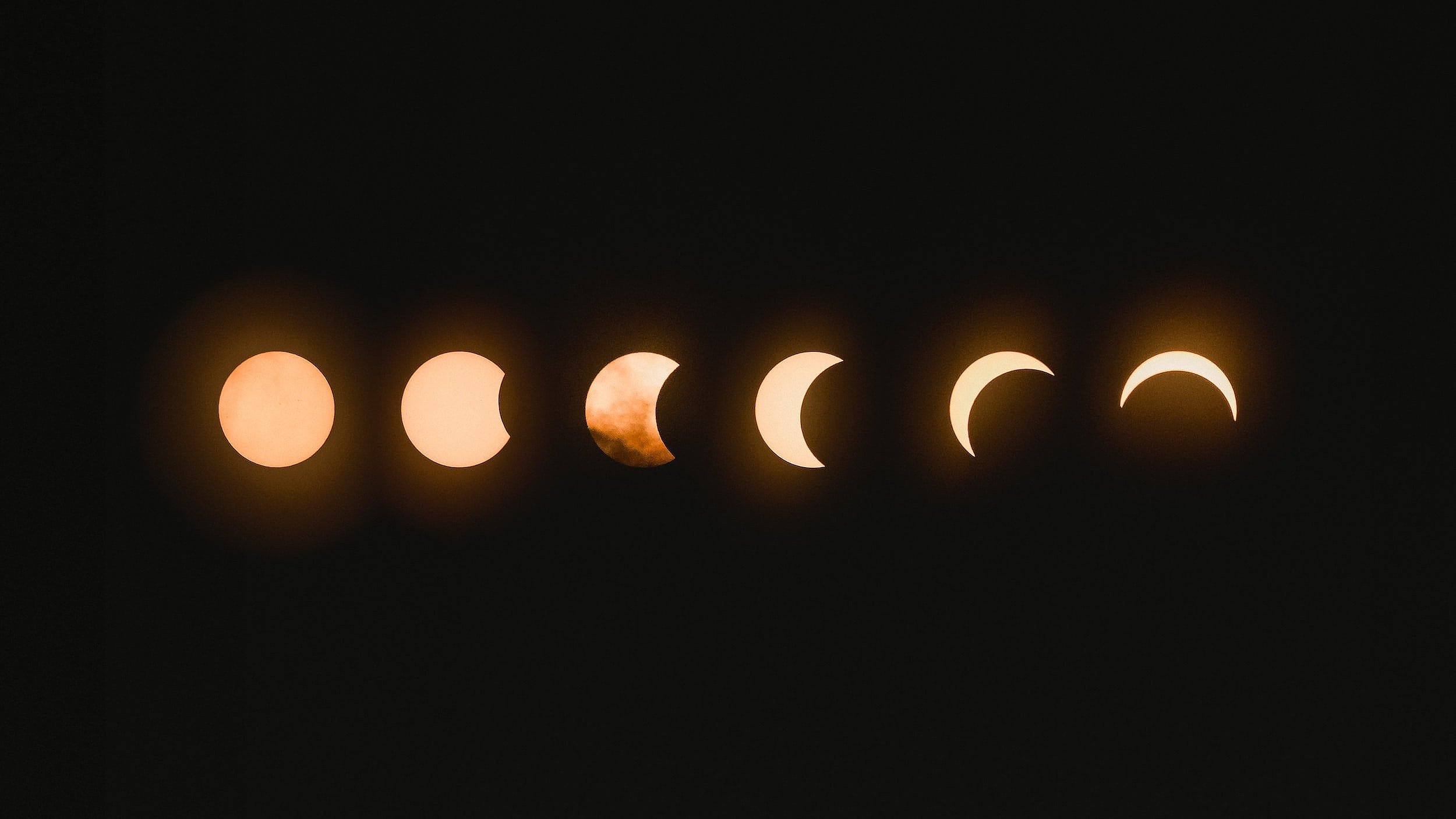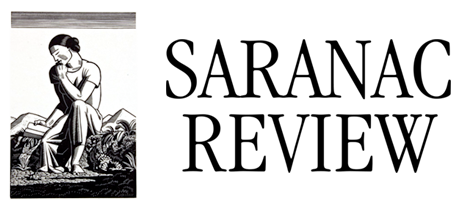
still a mystery
Creative Nonfiction
Andrew Bertaina
After my father left, and my mother moved to leave behind the wreckage of her life, we were briefly on welfare. I don’t remember much about it, young as I was. What I remember about that year was walking my siblings to school, my mother’s hand warmly curled in mine and collecting enormous pinecones from a neighbor’s yard. The year my mother was home with me feels more like magic than poverty, though that can’t be what it felt like to my mother.
As she sorted through the flotsam and jetsam of dreams, she read to us in the evenings, the Chronicles of Narnia, Lord of the Rings, while she twirled her fingers through my hair. I wonder what those stories of fantasy brought to her then?
No one’s life turns out quite as they want though. It’s one of those lessons made pure as a mountain lake in middle age. Not my father’s, who’s second wife and three children proved as foolhardy as the first. After the second divorce, he repudiated the life he’d chosen with her, advised me to never get married. Other people bring pain. He took to walking and shallow friendships.
Now I have children and a divorce of my own. My children treat reading time differently than I did as a child. They see it as an opportunity for parades, for gymnastics, for elaborate Lego structures, for anything but quietly listening. I mean for these readings to be suffused with meaning; time overlaid on time. My childhood. Their childhood. A circular ring.
I dream of my own children growing up to read to their children. An endless array of happily reading children, which is as close as we may get to generational wealth, the passed-on love of reading, of learning. Perhaps that’s all my mother hoped to pass to me.
What did mother think those years ago as she gathered the children around her to read? Was she dreaming, as I sometimes dream when I read to the children, of another life? Was she thinking of the man she’d loved before she met my father? Was she thinking anything beyond surviving the wreck of days?
Who can say, now? Even she has probably forgotten the exact tenor of those days. The quiet rhythm of work and chores and responsibilities, the washing of hair, cutting of lawns, steaming of peas that comprise most of our lives.
Occasionally, my son lies quietly, and I stroke his thick red-blond hair just as mother used to curl her fingers in mine. We repeat this gesture too. Just the way the seasons keep marching on, the way leaves on a maple keep turning red every November. The way the geese fly in wide arcs south, the way rain pebbles the water gathering on rice fields. How many times will I get to repeat this life? Which time do you think I’ll get it right?
When my father left the marriage, mother moved us hours away. When I fled my marriage, I moved a block away.
*
After the marriage had ended and my mother had lost her job, we moved to a small town in Northern California. A college town, wreathed in rice fields, almond groves, golden brown foothills, patient Live Oaks, covered in pale green moss. A town of markets and triple digit mid-summer days.
It was there that we made our lives, in a small rental house, on a cul-de-sac. A world small enough for my mother to rebuild a life and large enough for my childish dreams. I still remember the towering pine in our side yard, piercing the skies, the sound of a woodpecker hammering away at a silk tree, the line of red ants marching along the sidewalk.
Was it a happy childhood? Are my children happy in their childhood bereft of fire ants, of Live Oaks, of a father on half their days? These unanswerable things keep me awake at night.
*
On visits home, my mother still tells me about the months following my father’s affair. It’s as though that time is fresh as newly fallen snow. Lately, after listening to the stories, I encourage her to move on, to give up on these stories as the defining narrative of her life, which turns her into a victim, a supporting actor in the drama of my father’s life. I have long loved her ability to tell stories, to weave together words, our lives. Now I see the danger in the story she’s been telling herself for decades, that her life ended in some way the day my father left. I want to read to her from a new book, one with a happy ending.
Once, when I was thirty-eight, my father finally apologized for missing out on my childhood. Though the apology was decades late, I try and let it sink in. I try and forgive him too. I don’t want to be driving around when I’m seventy-five talking about my absent father. I want life to move forward.
I don’t know if mother’s stories are perfectly true, but she has an uncanny ear for dialogue, a way of arranging reality around the perfect mark, as though her life had trained her to remember pain. Maybe that’s just the story that comforts her.
My children are asleep, and I think of calling mother, who seems lonely of late. I think of talking to her again about her life, about how she can join dating apps for people over seventy. Silver singles. You’ve got ten to fifteen years left, I say to her. Just don’t let him steal our inheritance. And if he’s rich and kid-less, twice as good.
Mother laughs. My children remain asleep. The pale moon sails carelessly across the great dark canvas of sky.
Andrew Bertaina's short story collection One Person Away From You (2021) won the Moon City Press Fiction Award (2020). His work has appeared in The Threepenny Review, Witness Magazine, The Normal School, Open Bar at Tin House, and The Best American Poetry. He has an MFA from American University in Washington, DC. His work is available at andrewbertaina.com.

